If there is one skincare ingredient that dermatologists go crazy for, that is retinol. Keep reading to learn how the best retinol products can help you take your skincare routine beyond moisture, cleanser, and SPF.
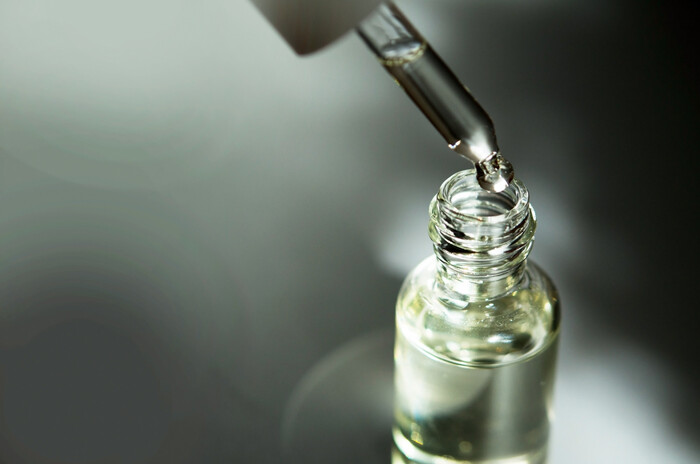
What Is Retinol?
Did you know that vitamin A is not a single vitamin? It actually encompasses two families of compounds, one of which contains retinol. It dissolves in fat, therefore it gets stored in the body instead of getting passed out in the urine. In addition to treating skin conditions, retinol (a.k.a. A1) contributes to normal vision and human development.
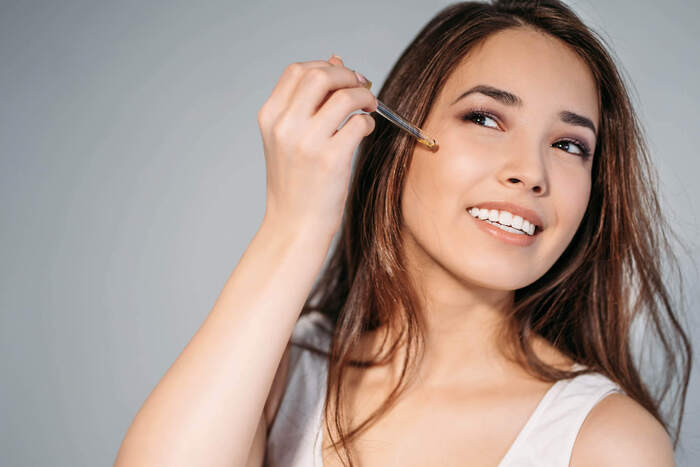
Health Benefits
As we already mentioned, retinol plays a role in eyesight and human development. To be precise, this vitamin is crucial for night vision and for making the pigments in the eye’s retina. If you do not have sufficient amounts of it in your body, you might develop night or total blindness.

In addition to eye care , retinol contributes to cell differentiation and growth. This means that you cannot maintain the proper functioning of your organs unless your levels are high enough.
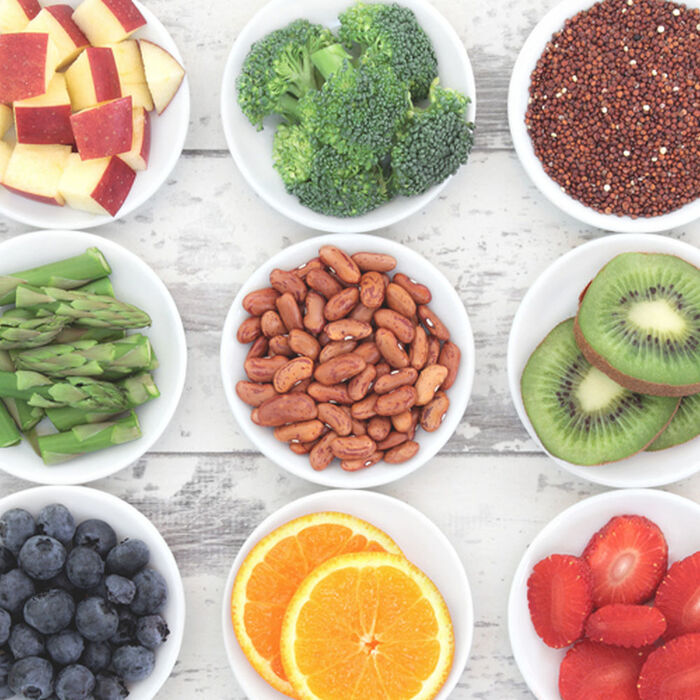
Sources
If you are looking for natural sources, focus on eating foods derived from animals. These include liver, cod liver oil, fish, butter, cheese and milk. Besides, there are also non-animal sourced foods rich in retinol such as cereal.
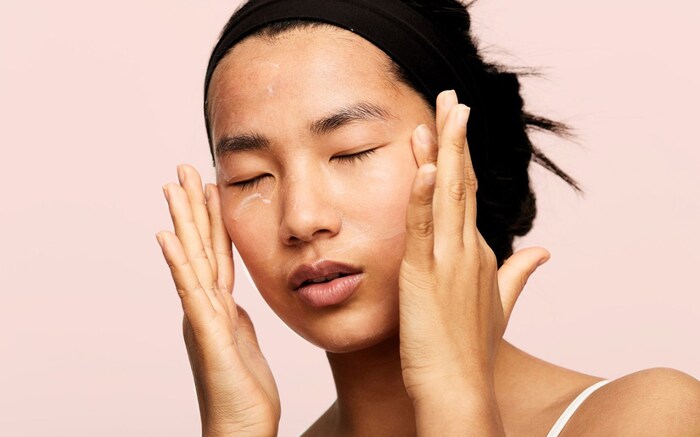
Application
There are two primary ways in which retinol is used. The first one is in dietary supplements whereas the second one is in skincare. People usually take supplementation when they need to prevent or treat conditions caused by vitamin A deficiency. Supplementation can take place by injecting it into the muscles or taking capsules with water.
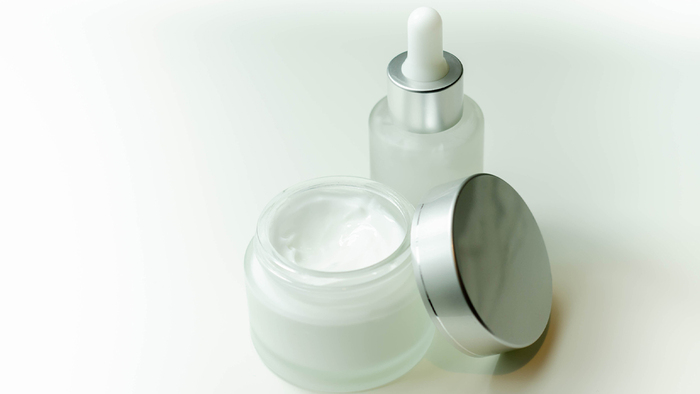
Next, you can use the best retinol serum or the best retinol cream products to effectively fade age spots and smooth out wrinkles. What is more, the serum can help you treat acne, texture, psoriasis and hyperpigmentation. A retinol serum increases the rate at which the cells in the epidermis and dermis divide to make new cells. On top of that, it increases collagen production in the skin.
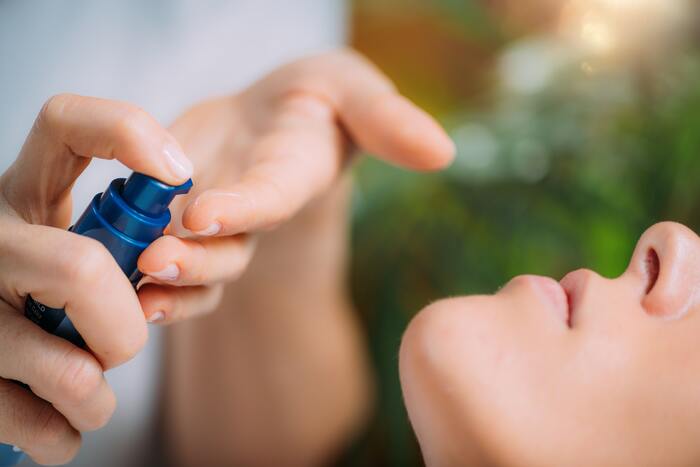
How Much Is Enough?
The recommended daily dietary intake for adults is between 700 and 900 micrograms (mcg) Retinol Activity Equivalent (RAE). Yet, take into consideration that some labels contain measurement information about international units (IU). If you come across such a label, use the following formula: 1 IU retinol equals 0.3 mcg RAE.
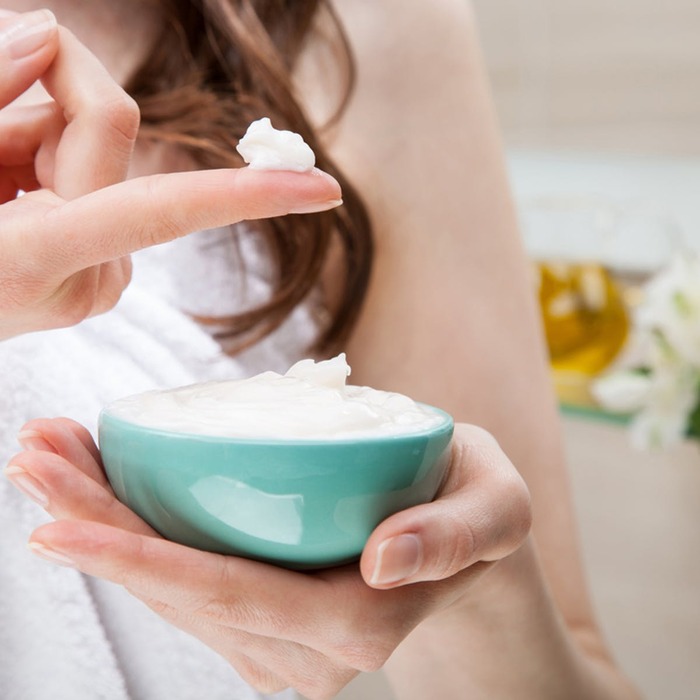
When it comes to retinol intake, it is important to also know that this vitamin usually does not cause complications and side effects. Nevertheless, taking excessively high doses can lead to liver damage, chronic vitamin A poisoning, birth defects, skin irritation, headaches, feeling nauseous, etc. The good news is that you are not likely to consume too much of it through food alone.


























